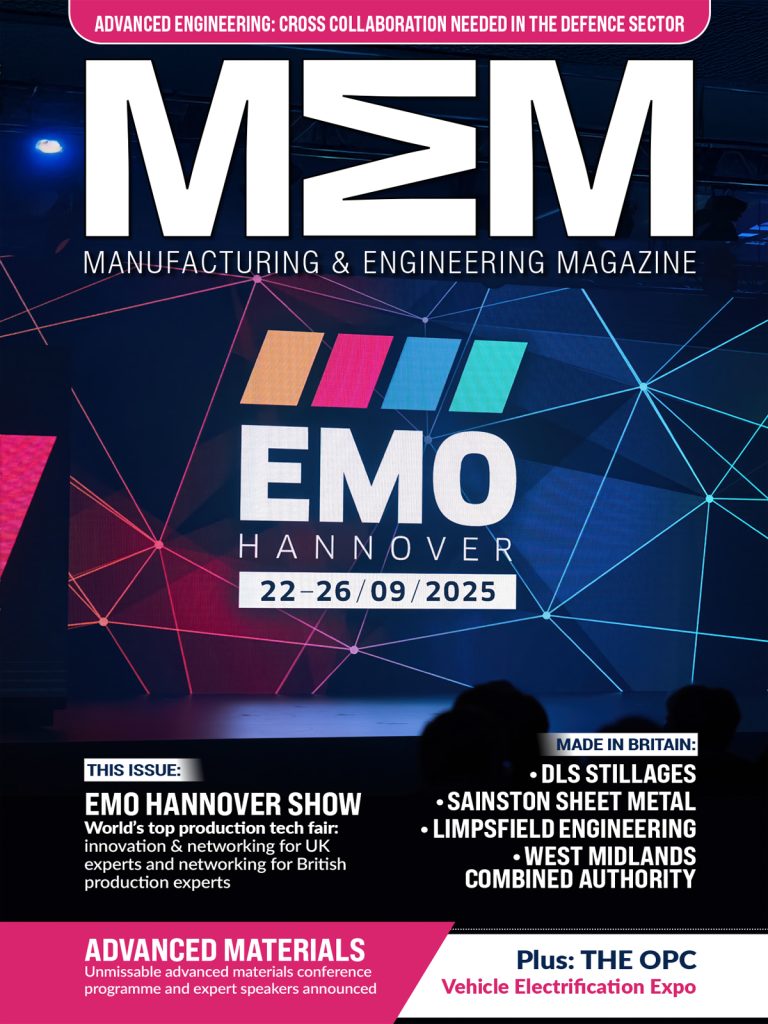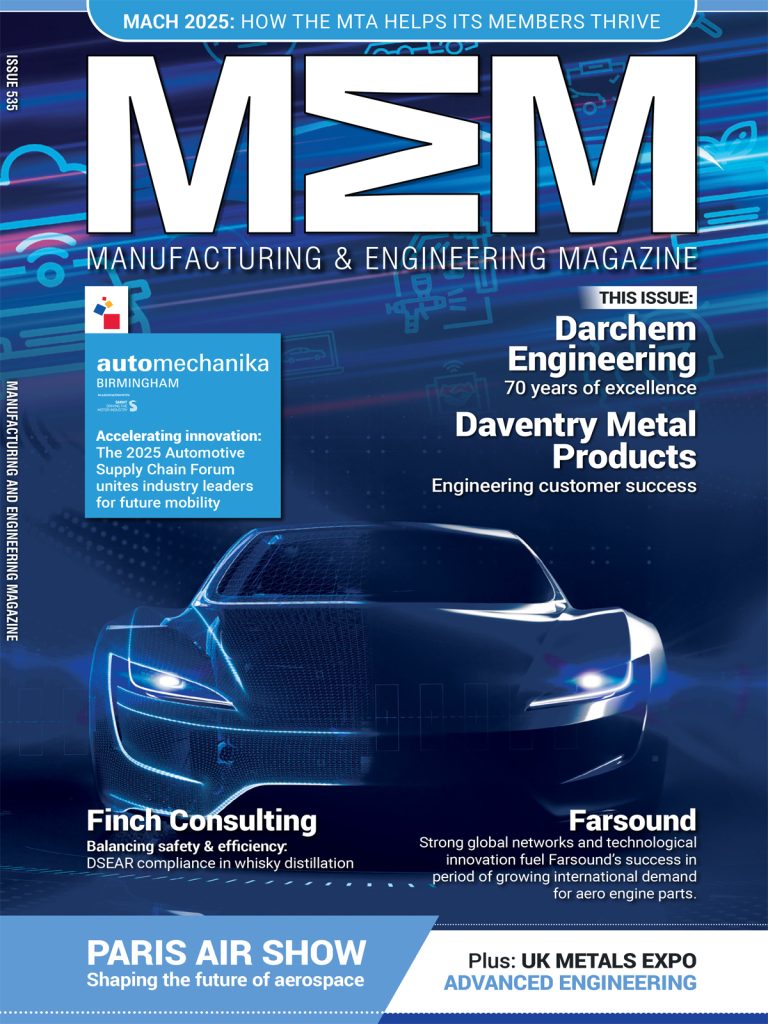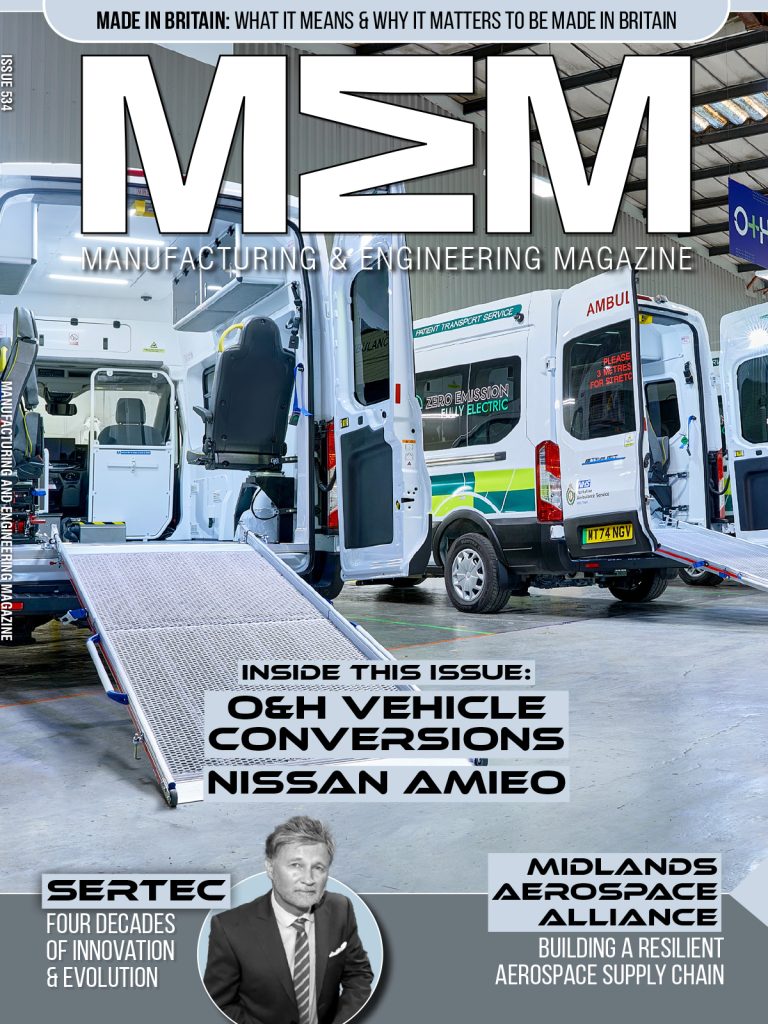Brexit Impacts on Future Workspaces and Way of Life : Uncertain about uncertainty?
The UK has narrowly avoided a recession by the skin of its teeth. Many sectors have been affected, along with their terms of trade, but avoiding a recession does not necessarily mean we won’t be dipping into it after Brexit. Now we’ll see whether the UK could slip into a recession or actually grow out of it, which are two separate projections. The transition period is draining the general confidence. Will the future be as the PM says it will be, what about the EU stance and what people on the remain/leave and the inbetweeners actually think is important to them? This level of uncertainty swerves up and down with what the politicians blurt out to try to secure popular opinion.
There are a number of factors that promote uncertainty. We have 3 scenarios (deal, no deal, delay) – but the government is already advising on a no-deal Brexit, that is a worst case scenario, meaning people would naturally be prepared for a better outcome, if the UK were to get one.
Some factors add seasoning to the uncertainty such as question marks relating to national plans – country before anything, people’s referendum before anything may not equate to nationalism, but it may be ignoring important economic and social matters. Is country before party even real and can our politicians’ motives be trusted? This depends on the outcomes being pursued and what is the strategy to execute from the UK side and one that actually the EU can take, even whilst holding its nose.
Certain rational and irrational fears are daily news. Huge queues at airports, no food in the supermarkets, massive economic hardship – these are all fears that people have. The transition period lasts for about 3 years if played by the EU rules, but in the meantime would it be good for the UK to unnecessarily worry about what might happen in the future or rather tread the Brexit path by being resilient to challenges, open to opportunities, kind to our neighbours and other international blocs and also relentless in moving the country forward in terms of digital, infrastructure, AI, Fintech and also IoT, along with other traditional and growing sectors such as real estate.
Brexit factors affecting buoyancy in commercial property:
1. Changes in plans local to UK industries – such as freedom of work, any EU schemes such as research grants for SMEs, any benefit of reaching a wide neighbouring market in one swing.
2. Property development – plans called off, stopped building halfway, or delayed the final constructions and launch in anticipation of demand. According to the FT, Landsec defies Brexit uncertainty with big development push with the UK property company having 4 London schemes totalling 1m sq ft of buildings, again shows that there is anticipation of demand after the Brexit transitions end.
3. Does Brexit give small businesses flexibility and more independence? Does having a base in the UK improve the international stance? Does being situated in certain big cities, including London matter?
4. What sectors are booming? According to IbisWorld, the top ones are app dev, electricity and telecoms, infrastructure services and also serviced offices make the top 5. At the moment, the leading and most disruptive sector seems to be Fintech, as outside the Silicon Valley Fintech is big in the UK and inside Europe (according to the full documentary, 11:Years – The Rise of UK Fintech from 11:FS), and it will still be a growth sector when the UK is outside the EU.
5. Other factors: Logistics, freedom of movement of people, access to a bigger immediate economy/markets, UK or EU framework and lastly implementation of UK economic frameworks which supersede EU frameworks.
6. If we are talking about business, it is also about the ease of doing business, UK currently ranks 8th globally, one place up from 2018.
In this video covered on The Guardian, the current PM, Boris Johnson uses the F1 super car analogy and also that the UK economy is firing half its cylinders. If we use the analogy of taking a curve vs jumping off a cliff, for the former, we’ve got to slow down, or have the right technique ready to slow down naturally and stabilise after the curve. Preparation is key, and the country’s KPIs will naturally take a hit. Who can make a curve without hitting the brakes or using swerve techniques to slow down! Rule is, you will have to slow down, or you will be slowed down before you can accelerate. That doesn’t mean you are worth less, it just means to have to prepare properly, accept the reality of the curve and do it, you will 1000s of reasons not to do it and even more that will convince you that there are other options which are less scary. Fact is, it is scary for some and for most it is a bit uneasy, but reality is that one will get past the curve with at least some turbulence – brace yourselves, Brexit is nigh.
Primary office space – severely affected?
According to Richard, Neil and Wei from CBRE with “Brexit: a blessing in disguise for the UK’s Real Estate Market” research report, Brexit is good for investors, also worth the wait for plans. Figure 2: The Counterfactual UK Investment Without A Referendum, shows that the spread is not massive, it’s not like a nosedive, it’s a spread which means that there is room to manage UK investments even with the worst scenarios.
A quote from Mark Bladon, Investec Structured Property Finance, reveals that “Many people predicted that the real estate sector would be one of the biggest casualties of that fateful June 2016 vote. The reality has been very different.”
Nowadays even growing SMEs are tapping into the flexible office space market to scale on demand with regards to location, staff and also the way the workforce works with regards to locations and what workspaces offer. It is worth mentioning Checkout.com, the British unicorn, with the technical testing team in Mauritius but also in the UK and now expanding in the EU, especially Netherlands and Germany. This shows that Brexit allows to cater for regional expansion, before the UK was one of the countries in the EU, but now or after Brexit, the UK will be a country that an international business has to attempt to conquer if it wants to bring business in, that means it has to understand the people and the needs accurately, which means better customisation and better experiences. No longer are we painting all users in the EU with the same brush, customer experiences will be different as UK will not be in a homogeneous EU classification.
According to Pearl Coutts, they mention that the good news is that signs are pointing to one thing: “These are likely to be very much short-term repercussions, a post-Brexit fallout that will settle down in time. In short, while the UK begins the long, slow process of extracting itself from the EU, there’s going to be an amount of uncertainty for some time to come. But there’s no reason to think the damage will be lasting – or even last very long.” Now according to projections, Capital Economics, thinks, “Under a no-deal Brexit, commercial real estate values in the UK are likely to fall by between 5% and 9% over two years.”
How does Work 2.0 fit into this?
We are human beings first, then after family we belong to a certain country or work for a certain business or organisation to feel part of something bigger. With that comes productivity if we are in a workspace or in a working environment, but what if the 21st century allows for certain workforce and workspace configurations that allow us to work smart and play smart rather that the old saying work hard play hard. In Japan, a 4 day working week yielded in more productivity and more eco-friendly as less electricity was consumed. Also, if people live far away from work, think what reconfiguring their journey would be like, if you are able to provide them with a business lounge close to them or even give them the tools to work from home – or a mix of all, home, lounge and also couple of times physical travel to the Head Office or to the regional office. With Brexit happening and also all the challenges as cited by Boris in this video (by the Sun – Boris John’s Speech on Brexit, AI robots and chicken at the UN), the workspace of the future is changing. This is also shown by the latest LinkedIn Fishermen campaign taken from Grimsby in Lincolnshire, with regards to finding new markets by using online methods that transcend economic blocs.
Connecting with other colleagues, doing business, following up with important business milestones or even running a company, now has workspace consequences as we are no longer working in a fixed place, tied to a desk – our personal life and work life are sort of embedded. There are narrow fine lines at times when both blur, with people on Sunday mornings catching up with emails, but also finishing their day doing personal stuff. With Brexit, property developers, flexible office space providers and also the features involved in a workspace, all will evolve with the needs of the people – the need to feel independent, to feel connected, to feel safe, to feel united, and to feel appreciated. British values triumph over any other values when Brexit is concerned, but many try to twist that ideology about what being British means.
According to the UK Economic Outlook report by PwC in July 2019, page 5. Fig 1.1, shows the alternative UK GDP growth scenarios with main, downside and upside projections. Let’s not threaten doom to the naysayers of Brexit but welcome them onto a path that Brexit brings, instead of putting more impediments, let’s find solutions for a better and a more open Britain in its quest to claim back control of its economic and social destiny.
Manufacturing & Engineering Magazine | The Home of Manufacturing Industry News














